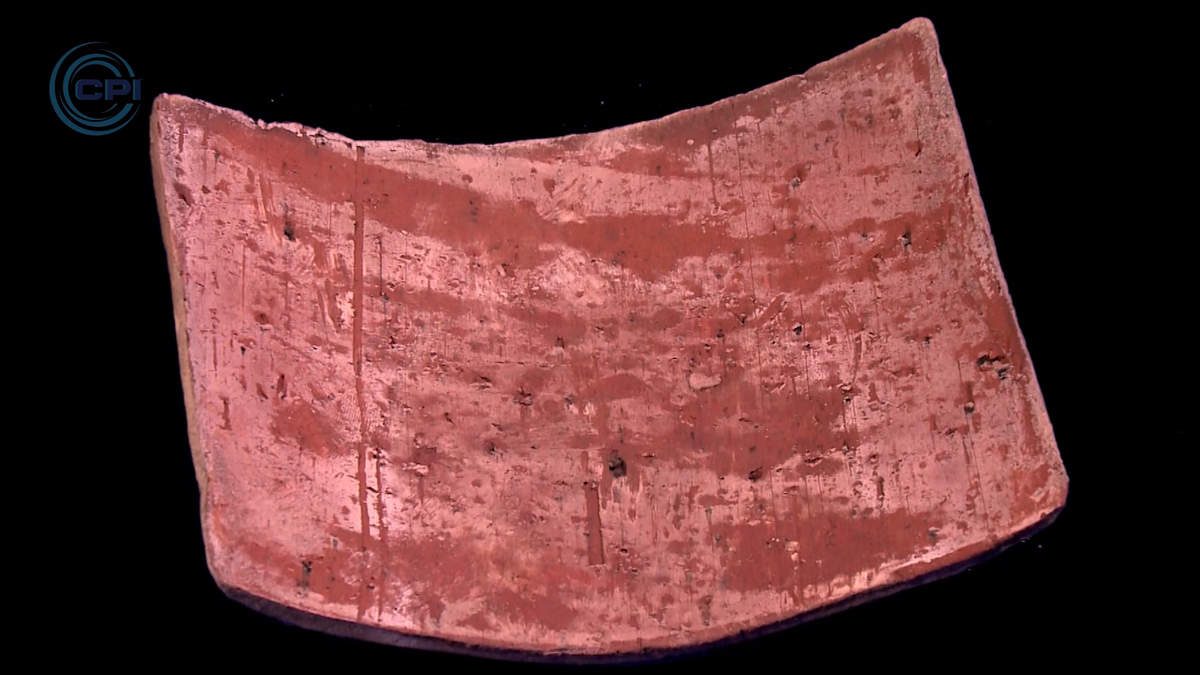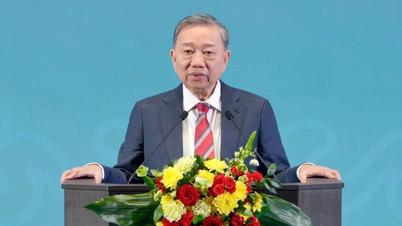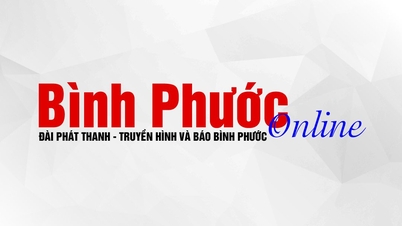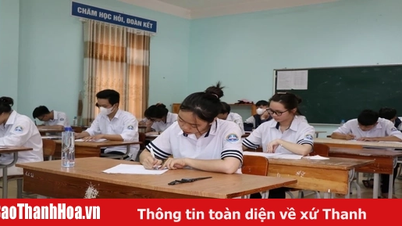
Workshop on Comments on the Draft Law Amending and Supplementing a Number of Articles of the Law on Credit Institutions 2024 organized by the State Bank of Vietnam (SBV) and the Vietnam Banks Association - Photo: VGP/HT
That was the content discussed at the Workshop on Comments on the Draft Law amending and supplementing a number of articles of the Law on Credit Institutions 2024 organized by the State Bank of Vietnam (SBV) and the Vietnam Banks Association on April 18 in Hanoi .
From debt settlement practices to the need to legalize the right to seize
At the workshop to provide comments on the draft revised Law on Credit Institutions, the issue that was hotly discussed was whether to continue to grant the right to seize collateral to banks and debt trading organizations. According to Mr. Pham Tan Cong - Chairman of VCCI, Vietnam is facing the risk of increasing bad debt, especially in the context of many businesses being unable to repay their debts on time. Therefore, having a clear legal mechanism for credit institutions to seize collateral is an urgent requirement to ensure the safety of the financial system.

Mr. Nguyen Quoc Hung, Vice Chairman and General Secretary of the Banking Association, former Chairman of VAMC spoke at the Workshop - Photo: VGP/HT
According to Mr. Nguyen Quoc Hung, Vice Chairman and General Secretary of the Banking Association, former Chairman of VAMC, the seizure of collateral is not a privilege but a natural right of the lender in credit relations. He emphasized that if bad debts are not handled, the credit system will be blocked, businesses will not be able to borrow capital, and the economy will stagnate. "The legalization of the right to seizure is a practice in accordance with international practice, not an extreme action," Mr. Hung stated.
Similarly, Dr. Can Van Luc, Chief Economist of BIDV, member of the National Monetary and Financial Advisory Council, said that there are at least four reasons to legalize the right to seize: first, bad debt is inevitable in credit activities, including objective causes such as natural disasters and crises; second, if the debt cannot be recovered, the bank will not lend new money - causing capital flow congestion; third, seizing collateral is an international practice; fourth, legalizing this provision will improve the quality of the legal system and law enforcement.

Dr. Can Van Luc, Chief Economist of BIDV, member of the National Monetary and Financial Advisory Council, speaks - Photo: VGP/HT
Sharing practical experience, a Techcombank representative said that banks cannot arbitrarily seize assets without a clear legal basis. The seizure must always be carried out carefully because if there are mistakes, the bank can be sued, causing great damage to its reputation and finances.
Legal problems that need to be resolved in the draft Law
According to legal experts, since Resolution 42 expired, credit institutions no longer have a mechanism to proactively seize collateral to handle debts. Meanwhile, the current Law on Credit Institutions 2024 and related laws have not inherited this important content. The lack of specific regulations not only prolongs the debt handling process but also affects investor confidence and banking efficiency.
A representative of the State Bank's Legal Department analyzed: Banks are shouldering a huge responsibility for mobilizing capital from the people, so they must have appropriate legal tools to handle debt when necessary.
"More than anyone else, banks must strictly comply with legal regulations, but without a specific mechanism, it is very difficult to enforce," said a representative of the State Bank of Vietnam.
In addition, delegates also recommended the need to legalize many specific contents in the draft Law such as:
First, handling secured assets as evidence in criminal cases or administrative violations. In many cases, assets are seized, but there are no regulations to hand them over to credit institutions for handling, leading to prolonged debt collection time.
Second, the right to dispose of secured assets, which are mineral exploitation rights, is not yet clearly regulated in the Law on Minerals and the Law on Credit Institutions. This causes difficulties in enforcing secured transactions for specific assets.
Third, the application of the simplified procedure in resolving disputes over secured assets at the Court is still limited. BIDV representative said that to date, there has not been any case where the simplified procedure has been applied due to customers not cooperating or intentionally causing difficulties in debt confirmation.
Fourth, current regulations on debt trading organizations only allow VAMC and DATC, which are 100% state-owned entities, to seize collateral. This makes the debt trading market underdeveloped, limiting the ability to mobilize social resources.
Fifth, the problem in transferring real estate projects is the collateral. The 2023 Law on Real Estate Business does not have specific instructions for the case where a credit institution is the transferor, so there needs to be unified regulations to protect the interests of banks.
Sixth, enforcement guidelines are not yet consistent. Some enforcement agencies require specific division of assets for each obligation, while many collateral assets are used to secure the entire loan, hindering the processing.
Not only credit institutions, but also representatives of Asset Management Companies (AMCs) have proposed to amend the regulations. HDBank representatives stated that it is necessary to allow debt trading companies in the private sector with sufficient capacity to be licensed to participate in asset seizure.
"This will both promote the development of the bad debt market and help free up capital for the economy," said a representative of HDBank's AMC.
At the Workshop, experts, credit institutions, legal experts and businesses on the need to legalize the right to seize secured assets. This is an important tool to effectively handle bad debts, reduce litigation costs, increase access to credit for businesses and protect the safety of the entire financial system.
Huy Thang
Source: https://baochinhphu.vn/thao-go-diem-nghen-phap-ly-thuc-day-xu-ly-no-xau-goc-nhin-tu-cac-tctd-102250418171508192.htm































































































Comment (0)